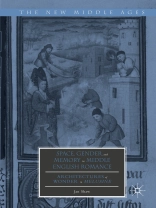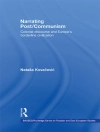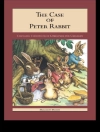This book offers a much-needed consideration of
Melusine within medieval and contemporary theories of space, memory, and gender. The Middle English
Melusine offers a particularly rich source for such a study, as it presents the story of a powerful fairy/human woman who desires a full human life—and death—within a literary tradition that is more friendly to women’s agency than its continental counterparts. After establishing a “textual habitus of wonder, ” Jan Shaw explores the tale in relation to a range of Middle English traditions including love and marriage, the spatial practices of women, the operation of individual and collective memory, and the legacies of patrimony. Melusine emerges as a complex figure, representing a multifaceted feminine subject that furthers our understanding of Middle English women’s sense of self in the world.
Tabela de Conteúdo
Introduction.- Chapter One: An Epistemology of Wonder.- Chapter Two: Wonder and Love.- Chapter Three: Building Gender.- Chapter Four: Architectures of Memory.- Chapter Five: Problematic Pasts and New Beginnings.- Conclusion: The Divine
Ordo: Reprise.
Sobre o autor
Jan Shaw is Senior Lecturer of English at the University of Sydney, Australia. She has published on women in the romance of Medieval Britain, medievalism in contemporary literature by women, and narrative and gender approaches in leadership studies. She is also co-editor of
Storytelling: Critical and Creative Approaches.












